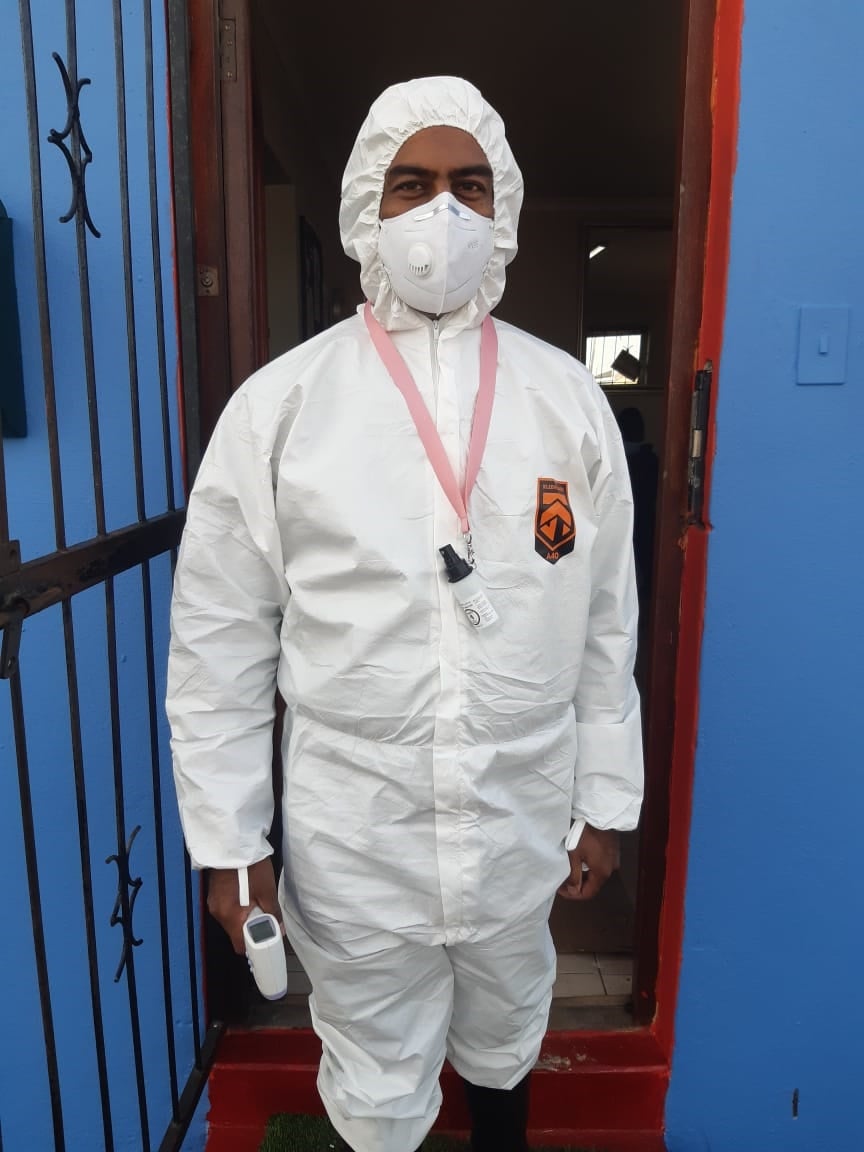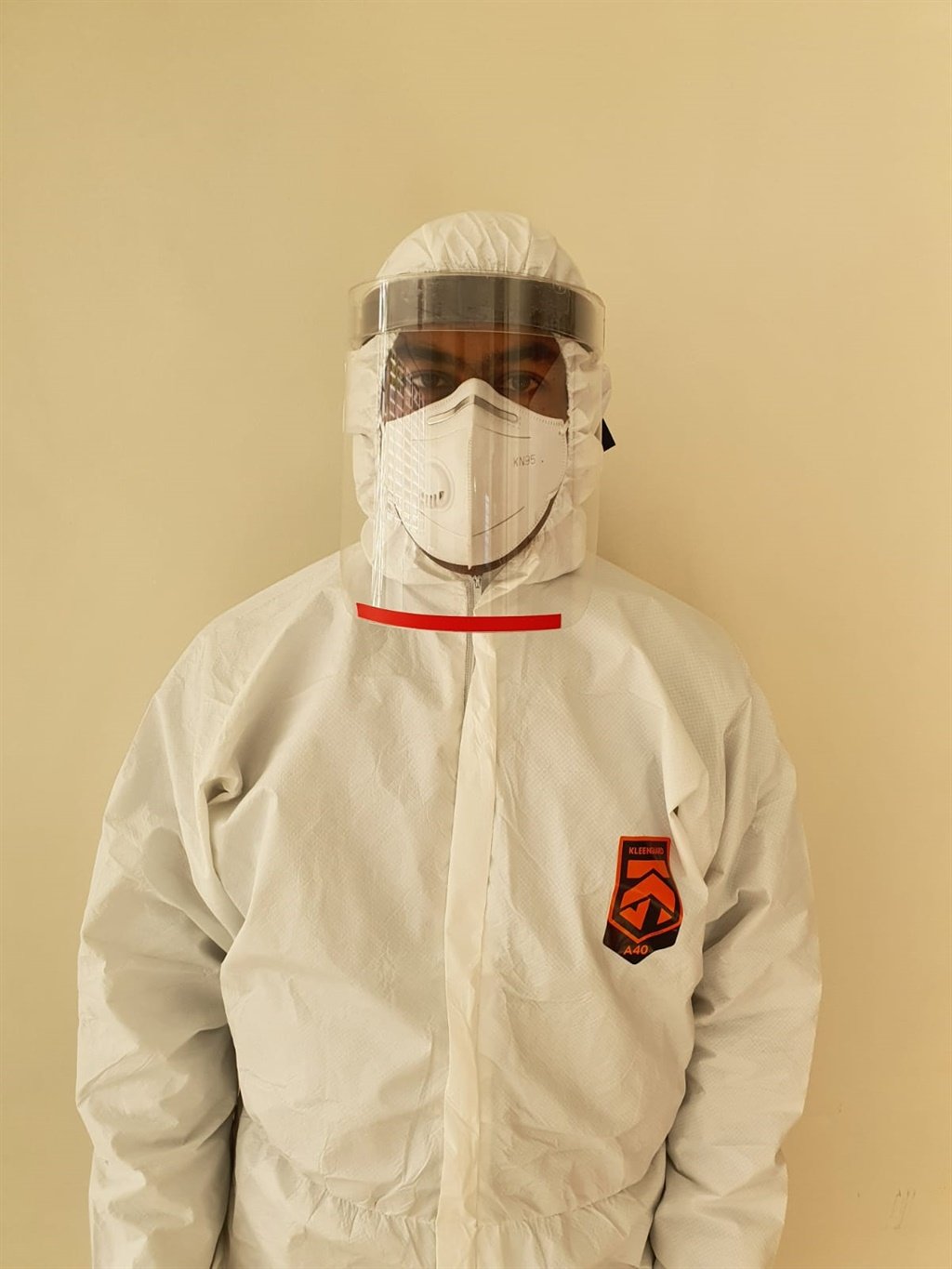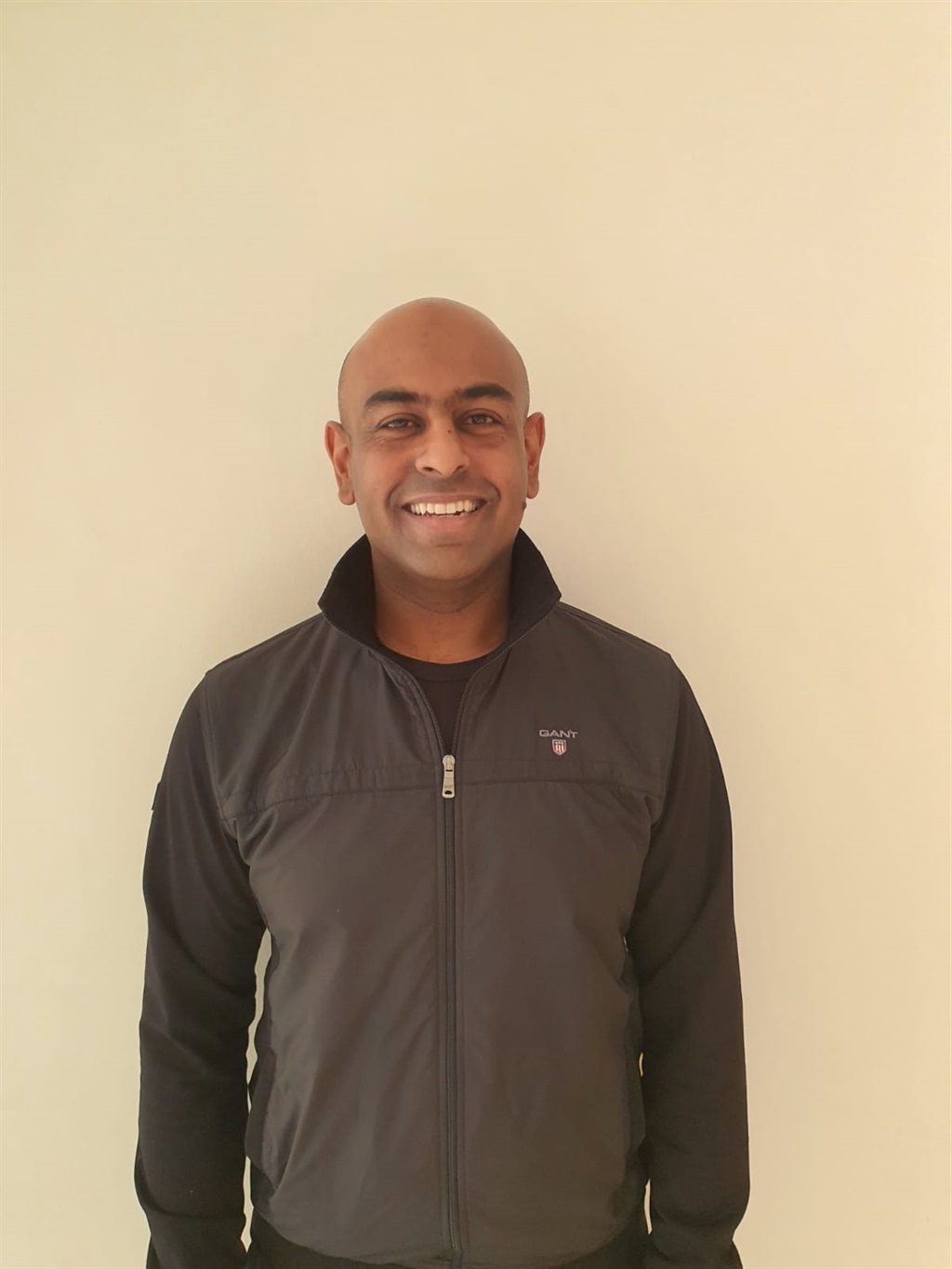- Dr Zuhoor Dadaker is a GP in Eerste River, Cape Town.
- He estimates that he has seen about 100 confirmed Covid-19 cases since the pandemic broke out.
- While video- and teleconsultations were encouraged to avoid the risk of infection, Dadaker said this simply wasn’t feasible for the people he services.
It’s 03:00 and Zuhoor Dadaker’s buzzing cellphone wakes him. It’s always bad news when you get a call that time of the morning, but lately it’s not loved ones or family members ringing him.
LIVE | All the latest coronavirus and lockdown updates
It’s one of his patients, panic stricken as they struggle with a dry cough or unexplained aches and pains.
And while most of them are just experiencing anxiety as Covid-19 cases increase across the country, he nevertheless understands their unease all too well.
Dadaker, a general practitioner in Eerste River, almost 40km outside the Cape Town city centre, felt the same disquiet mere months ago.
The father of a 6-year-old son with a chronic lung condition said he, too, feared the serious dangers involved in contracting the coronavirus.
While ever-changing guidelines and protocols, together with stringent safety measures at his practice, have him less anxious as he deals with the ill waiting to see him in his waiting room – a converted lounge in a residential property in Bob’s Way – the dangers of the pandemic are still very real to him and his family.
He wears protective clothing, which covers him from head to feet. At the end of his working day, he removes the suit and leaves it at the practice, taking a shower as soon as he is home.
And he has a no-nonsense approach to the importance of physical distancing, the wearing of masks and constant sanitising.
He estimates to have seen about 100 confirmed cases since the pandemic broke out. Of these, two patients with various comorbidities succumbed in hospital.
He recalls his first confirmed case, a man in his 30s who worked in a Cape Town call centre who complained of body aches, fever and a sore throat. He was referred for testing, which came back positive.
“Luckily, he didn’t become severely ill and I treated his symptoms. He went into isolation for two weeks, locking himself in a wendy house behind his home where his family passed his food through the window,” he said.
“Those were the early days, where there were so many unknowns. He wanted to know if this was a death sentence, whether he was going to die.”
He didn’t.
“I think that is what has been the most rewarding of working through this pandemic – having people who come back and tell you that they have recovered and are fine and well.”



Dr Zuhoor Dadaker estimates to have seen about 100 confirmed cases since the Covid-19 pandemic broke out.
Covid-19 is sometimes referred to as a rich man’s disease, but it has ravaged people from lower income areas like Eerste River, Dadaker said.
Between April and June, things were “really rough”, he recalled.
“I saw a number of really, really sick patients. We had suspected positive cases every one to two days.”
Others, however, would present only with a “little cough”, nevertheless convinced they had been infected.
As the Western Cape government took the decision to only test those who are at highest risk and most vulnerable of dying from infection, the best he could do was recommend isolation and treat his patients’ symptoms, Dadaker explained.
“But people need reassurance that they are okay. To deal with that anxiety, I gave them my cellphone number and urged them to phone me at any time,” he said.
His cellphone has become the device he uses to dispense advice in the middle of the night, forward scripts and calm anxious patients who are in quarantine.
He also started doing house calls, kitted in full personal protective equipment, attending to especially the elderly at their homes.



On duty, Dr Zuhoor Dadaker is covered from head to feet. (Supplied)
Dadaker always dreamt of becoming a doctor, a job he says allows him to literally help people for a living.
A Stellenbosch University graduate, he did his internship at Groote Schuur Hospital before working as a medical officer at the Khayelitsha Community Health Centre HIV and TB clinic.
He went into private practice in 2015.
While video- and teleconsultations were encouraged to avoid the risk of infection, Dadaker said this simply wasn’t feasible for the people he services.
“People can’t spend money on airtime and data when they are already struggling. While the pandemic changed how we consult with patients, not everyone can afford these changes.”
He made the decision to see those who suspected they may have been infected so he could make a more informed diagnosis. The patient is screened by his receptionist and seen briefly before being referred for testing if necessary. Most opt to wait in their vehicles until it’s their turn to be seen, he said, and every patient is “considered positive until proven negative”.
His rooms are decontaminated after every suspected case.



Behind the mask – Dr Zuhoor Dadaker. (Supplied)
Dadaker recalled one woman who had been in contact with someone who had tested positive for Covid-19. She had stood outside his practice, thinking he would not want her to enter in case she had been infected. She had offered to be consulted on his doorstep as she had been denied access to the other doctor’s room she had gone to.
“I understand the fear. The biggest stressor is that it affects each one differently. You don’t know how your body will react to it.
“We are six months into this pandemic and while we are now more educated than we were before, it’s still unpredictable.”
His advice is simple: do all you can to avoid contracting the virus in the first place.
“Sanitise, practice physical distancing, wear your mask and don’t have family gatherings,” he warned.
“Hydrate, take vitamins C and D as well as zinc and supplements to boost your immune system. You won’t know how your body will react if you contract the virus.”
And if you do test positive, it’s not a death sentence, Dadaker said.
“Many patients show little to no symptoms. If you contract the virus, go into isolation. But if you start struggling to breathe, go to hospital immediately. Don’t wait.”
Do you want to know more about this topic? Sign up for one of News24’s 33 newsletters to receive the information you want in your inbox. Special newsletters are available to subscribers.

